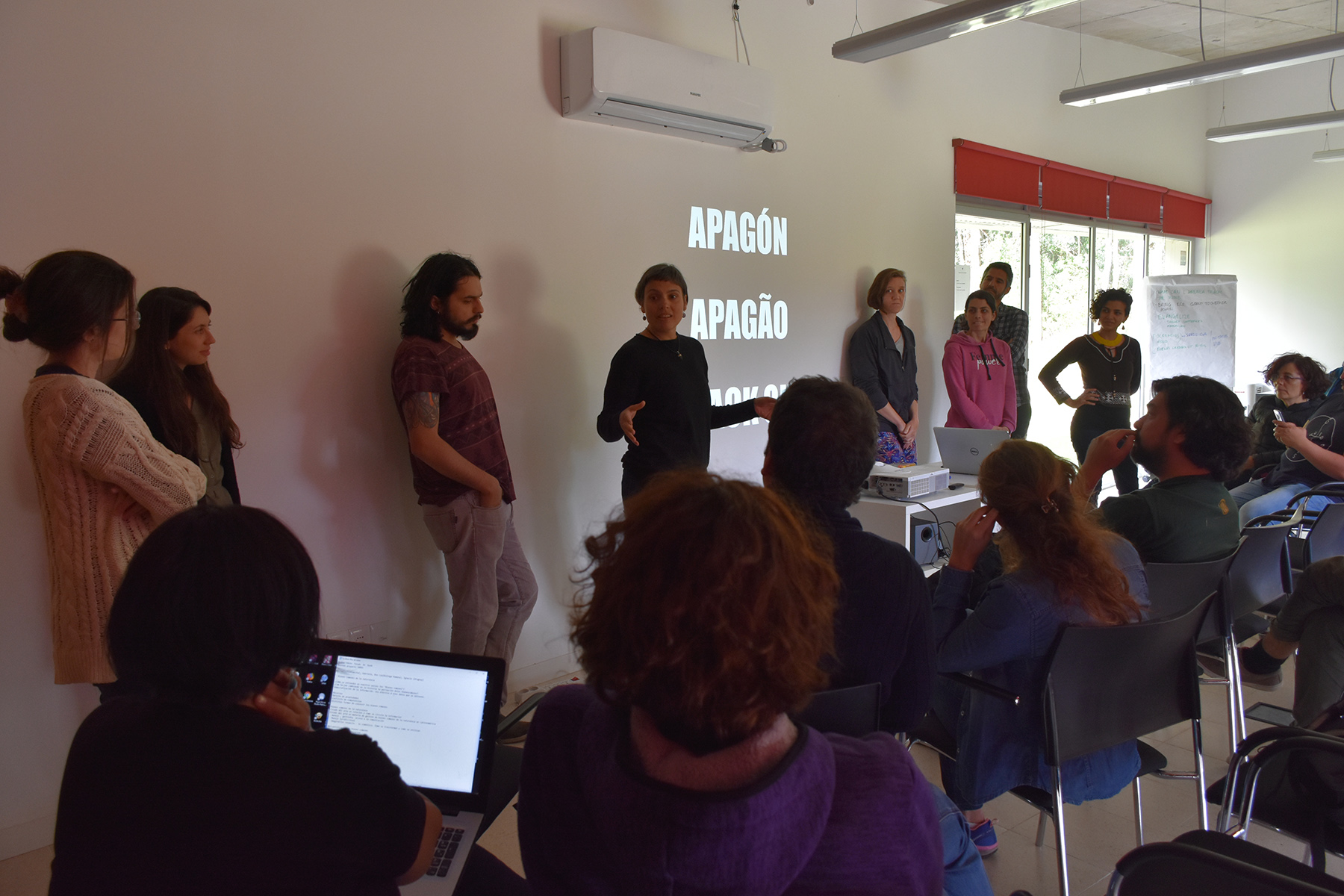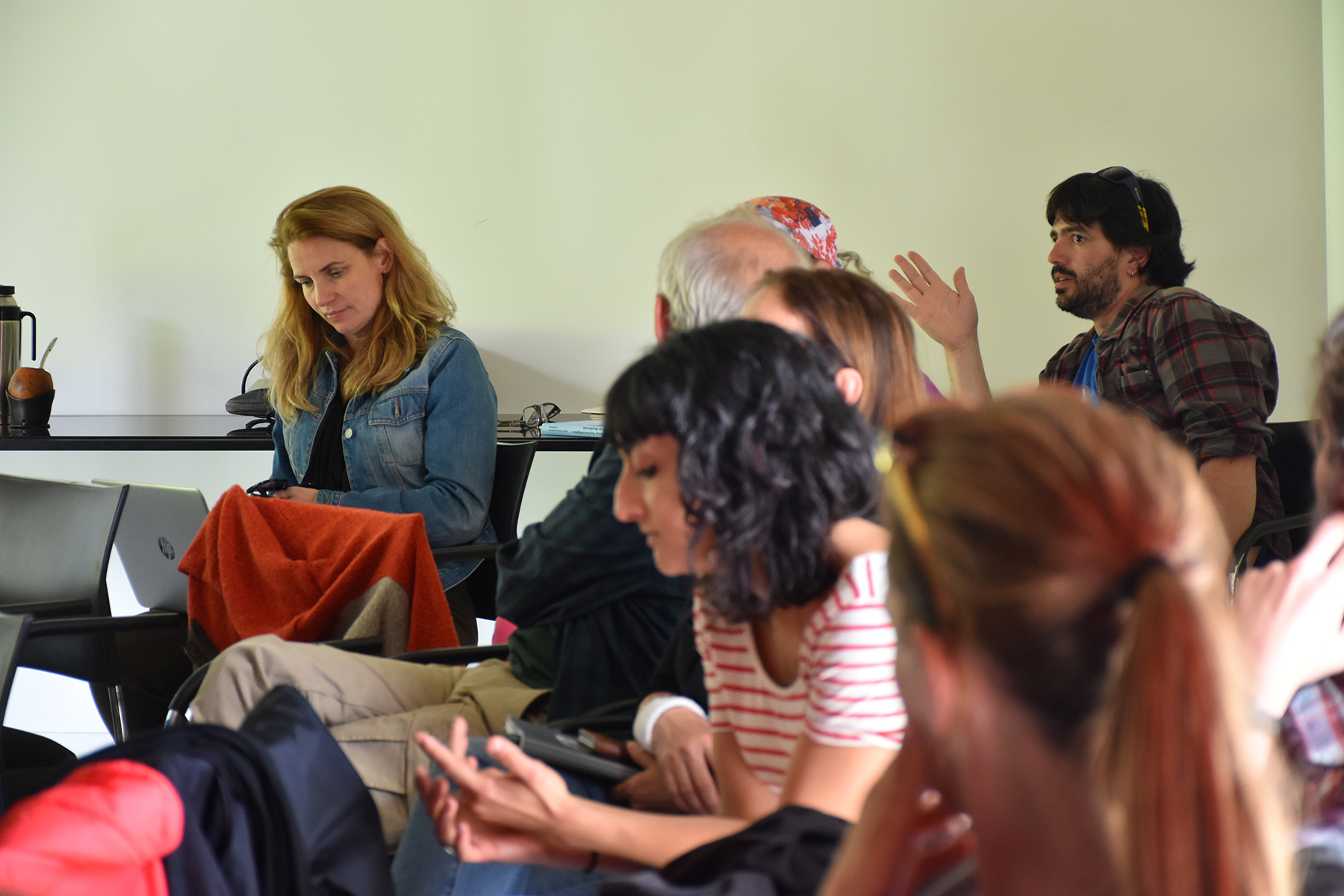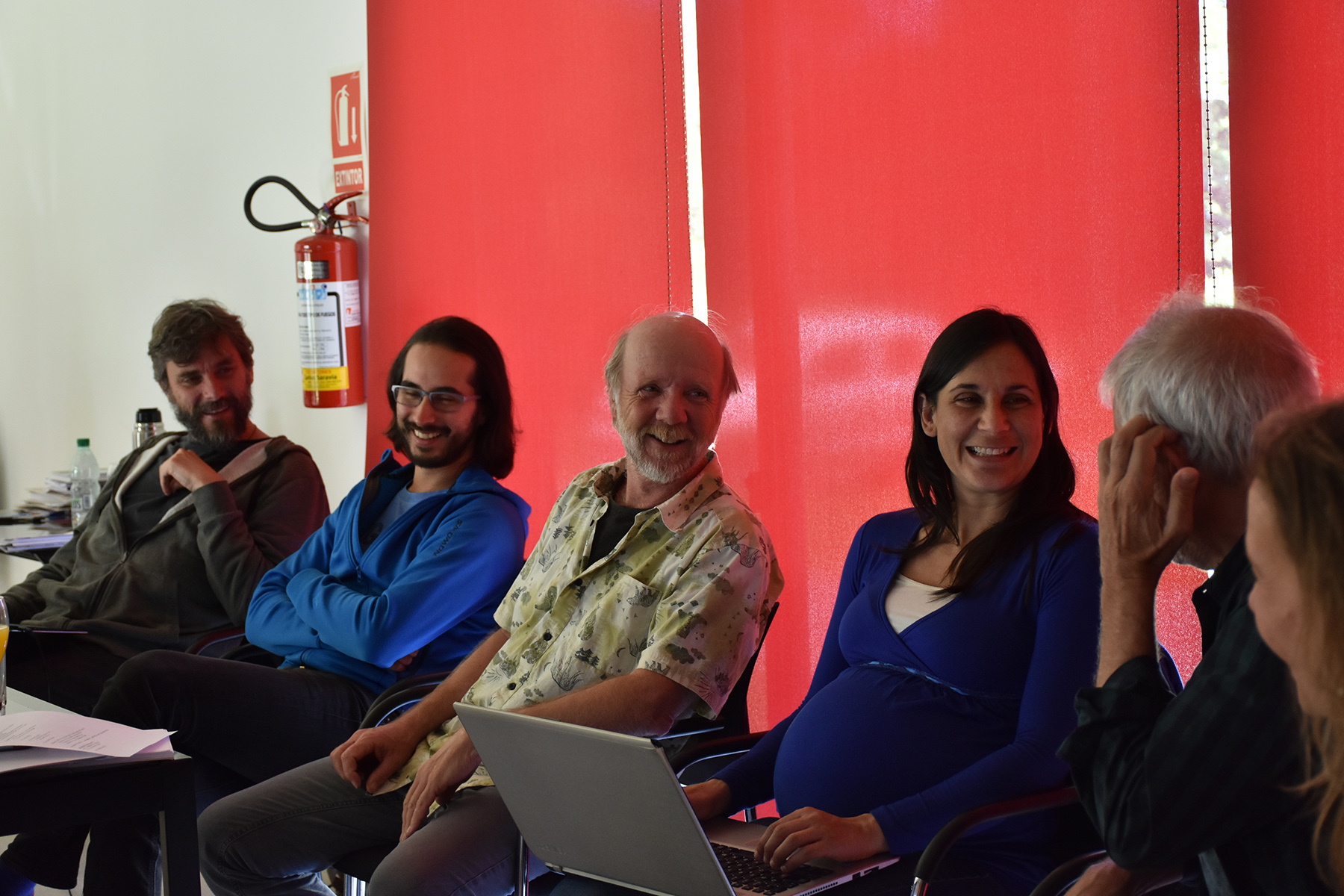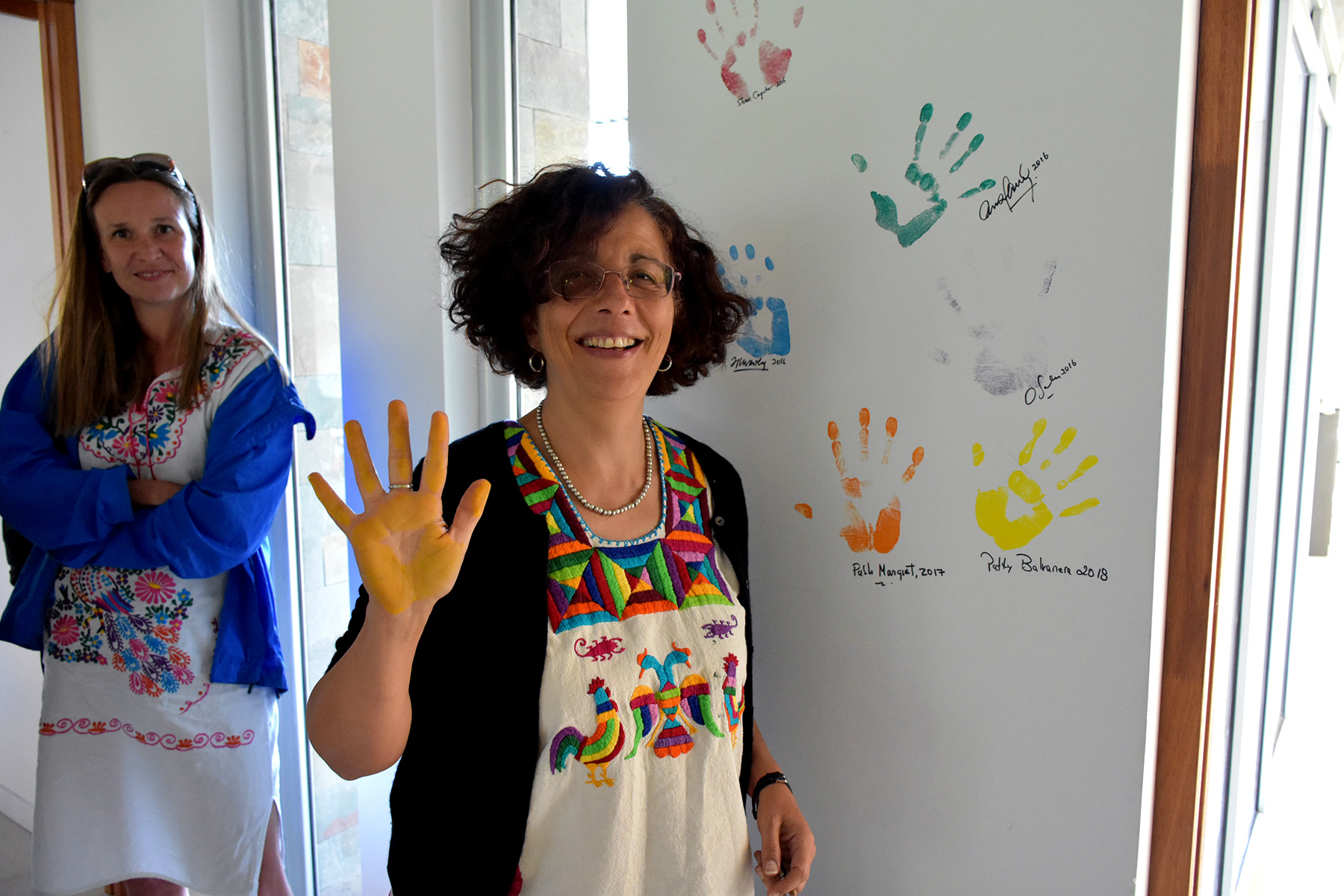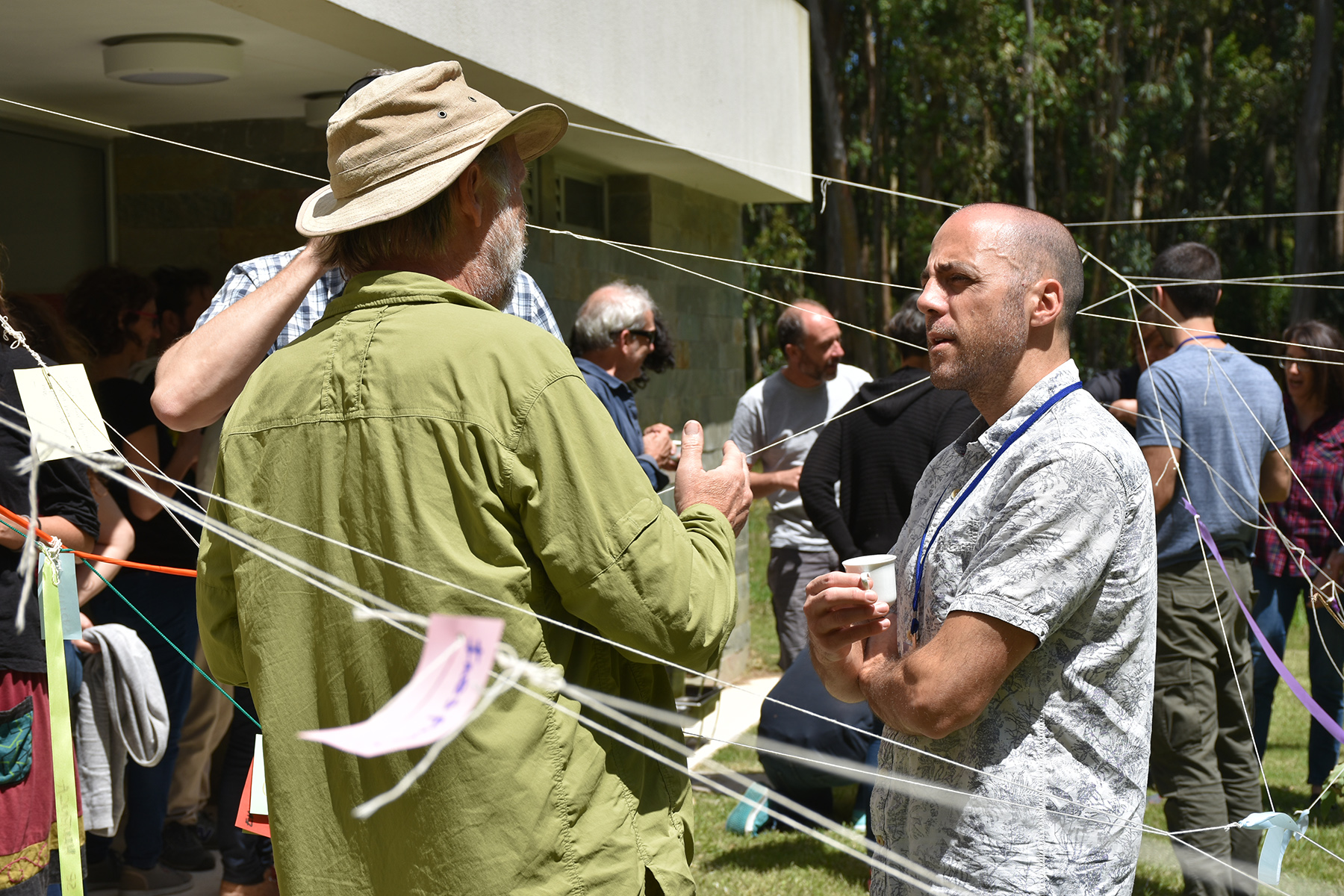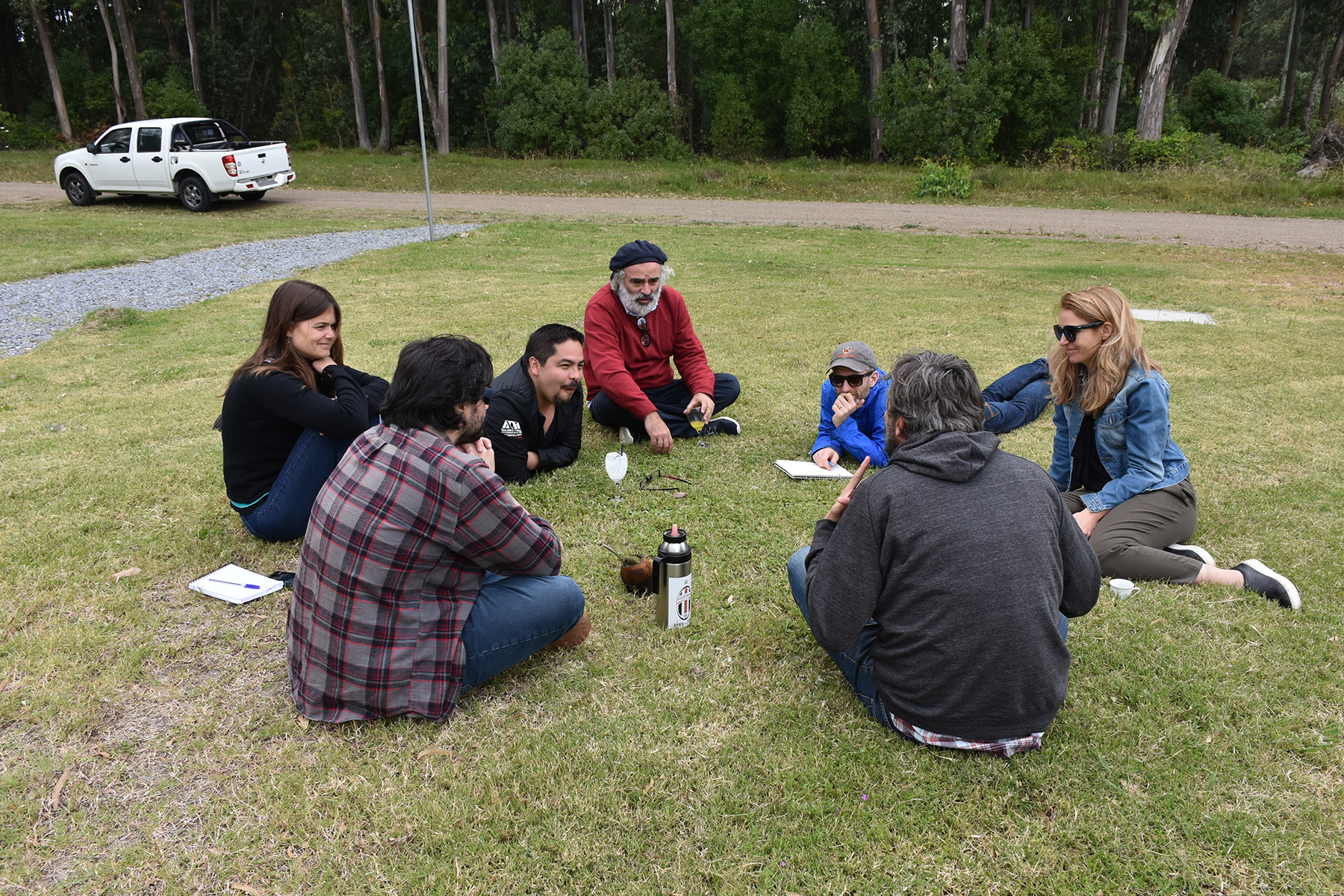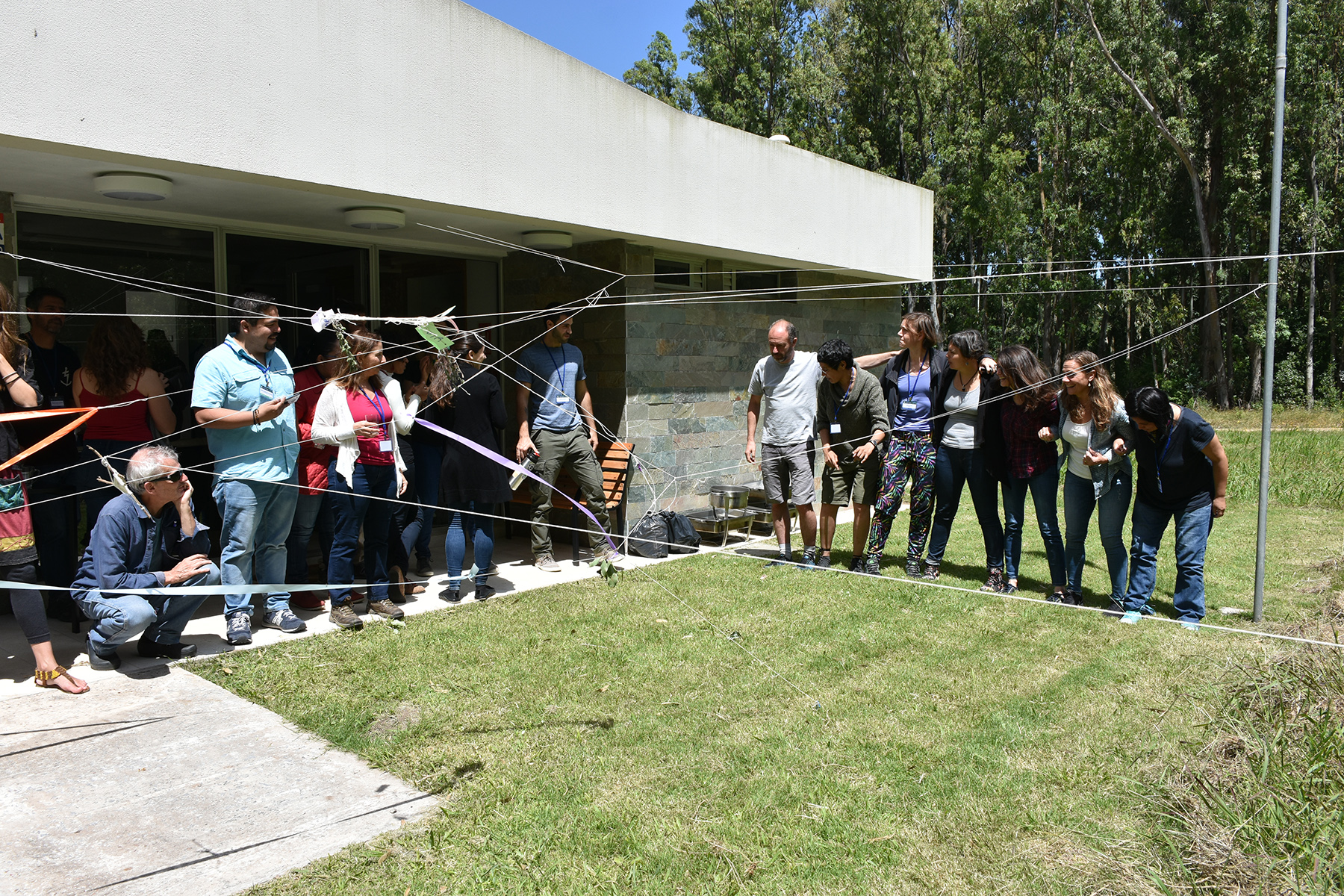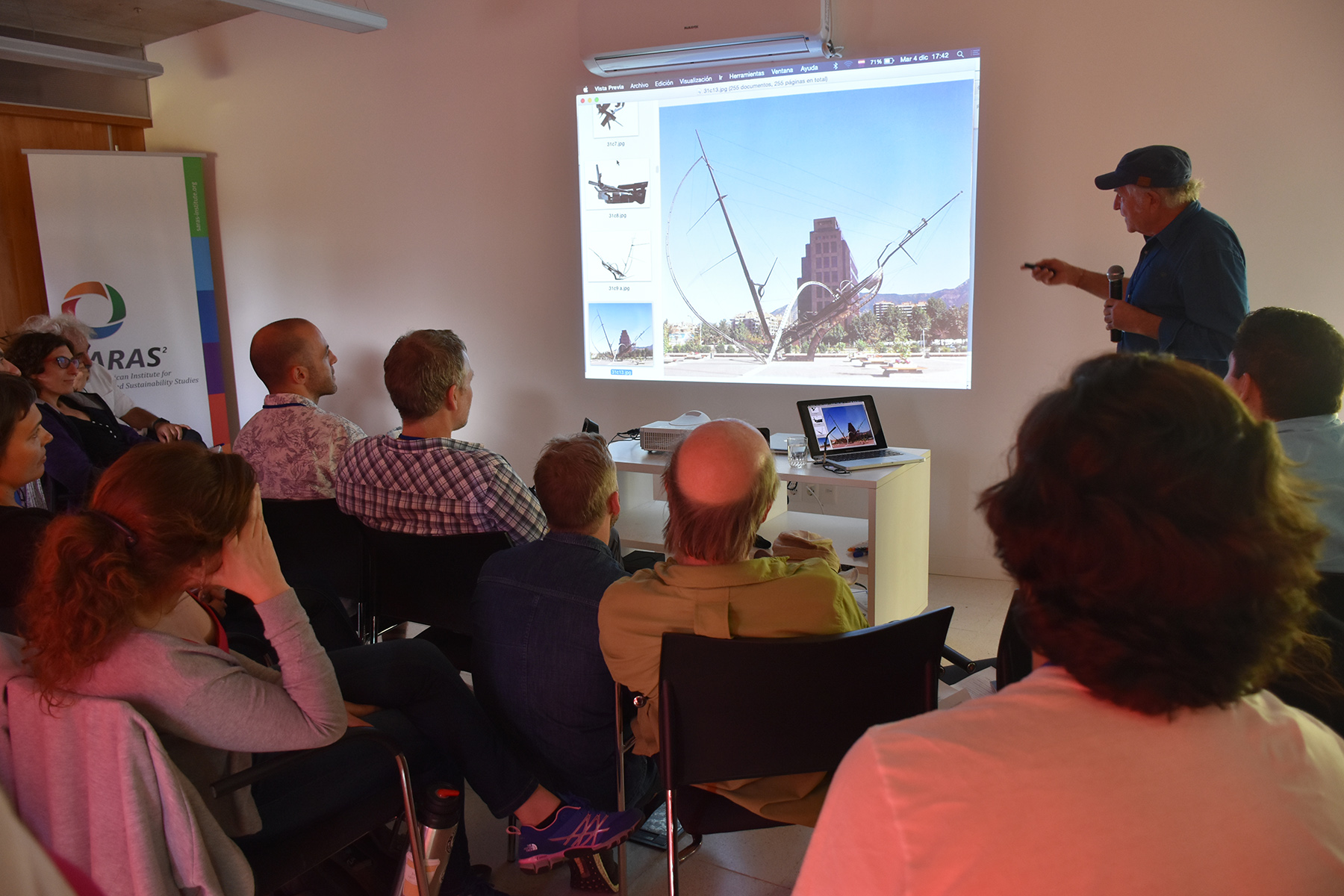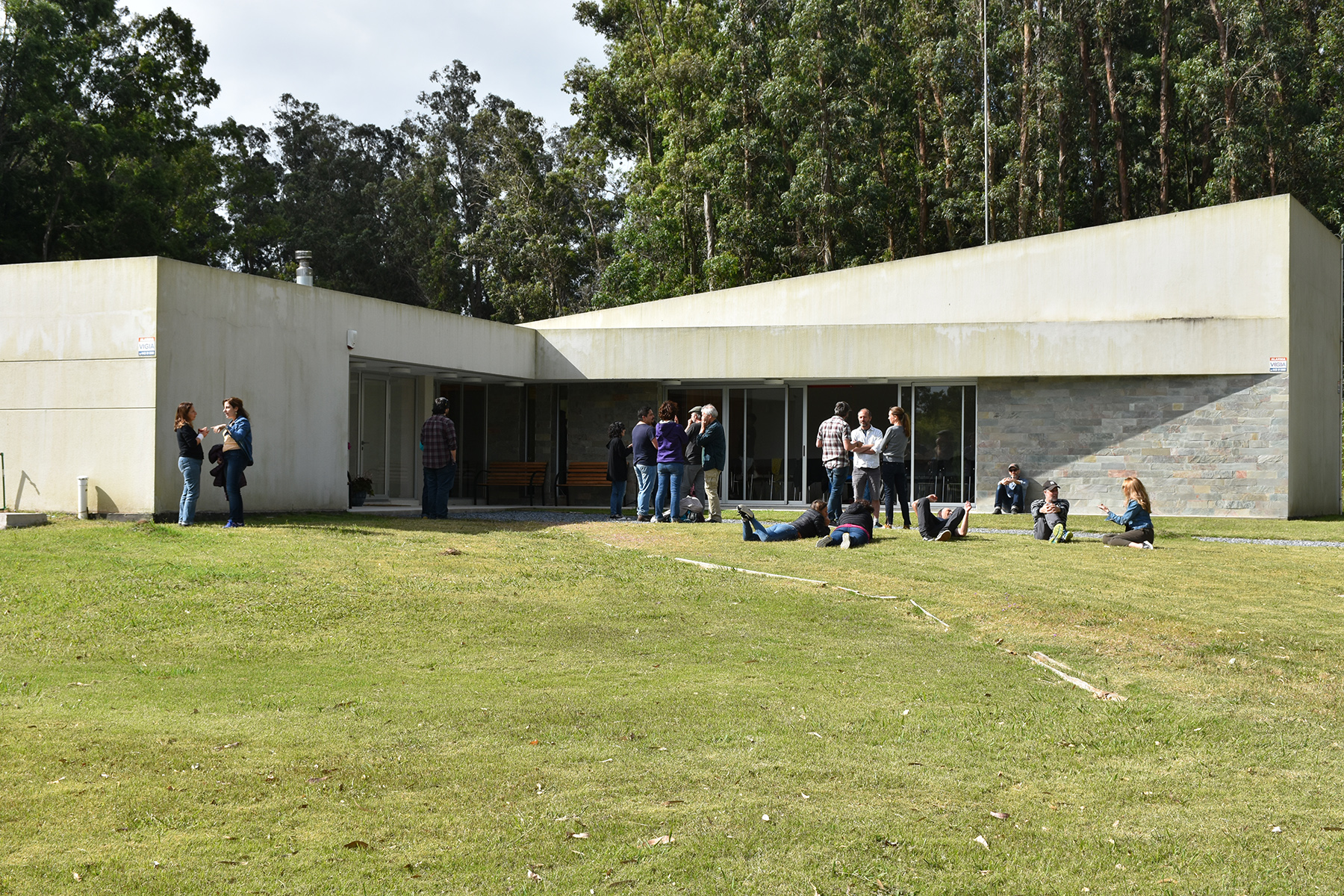A week of learning and exchange to close 2018 activities
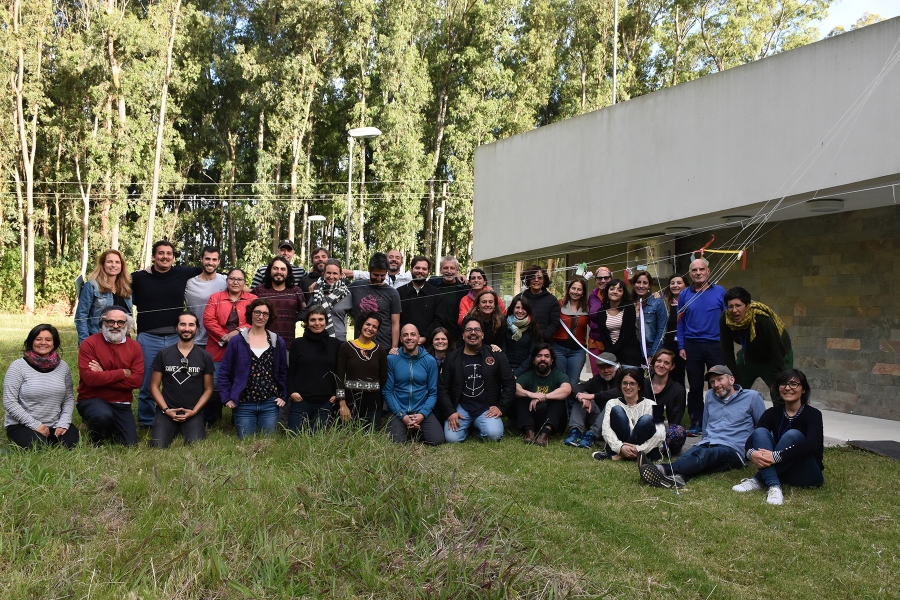
SARAS Institute had an intense but very enriching closing of the year with the development of different activities during the first days of December.
This year, the central theme of the activities revolved around ecosystem services and the study of socio-ecological systems, with special emphasis on Latin America. In this context, SARAS received a group of 35 people that included 17 students among young researchers and artists, and a teaching team made up of 18 other researchers and artists working on issues related to sustainability. The group conformed by people coming from Argentina, Chile, Brazil, Colombia, the United States, Costa Rica, Australia, Canada, Holland, Sweden and Uruguay, was present from December 1st to 6th, to participate in the course “Introduction to the research of socio-ecological systems in Latin America”, co-organized by the Stockholm Resilience Center and SARAS Institute, and also take part in the “VIII Public Conference SARAS 2018″ Ecosystem services: knowledge generation and decision-making”.
The main goals that drove both activities were the integration and exchange of research experiences related to socio-ecological systems and the incorporation of young researchers from the region to establish a community of practice that can advance knowledge aligned with this perspective but contextualized in the region. As a result of the exchanges, insights and collaborations cultivated during the week, SARAS plans to establish a close link with the global network of Future Earth’s Program on Ecosystem Change and Society (PECS), with which a series of diverse activities will begin to be developed in 2019. Al At the same time, the group of students from the course organized themselves to form the “Socio-ecological Network of Co-creation for Latin America” (RESACA) to continue to collectively advance different lines of work and projects that began to be outlined during such days. It is worth highlighting the wide variety of countries and fields of work represented in this group, which managed to materialize SARAS vision to transcend disciplinary fragmentations and move towards the integration and collaboration between art and science for sustainability.
At the end of the week, and as it happens every year, the members of SARAS Advisory Board and Executive Team met for their annual evaluation and the definition of future activities and strategies. One of the developments worth highlighting refers to the configuration of the Advisory Board. After more than 10 years of work, Marten Scheffer (University of Wageningen) steps out of his role as chair of the Advisory Board to continue as an “ex-officio” member due to his key role in SARAS history dating back to is very inception. After this move, the direction of the board is being carried out by Laurie Beth Clark (University of Wisconsin-Madison), who was previously the co-chair of the Advisory Board, and Esteban Jobbággy (National University of San Luis – CONICET), a previous member of SARAS Advisory Board who now steps in to occupy the role of co-chair. Upon reflecting on the week’s activities, Marten Scheffer stressed that “it is a joy to see SARAS growing in this way (…). The energy and motivation of the group of young students could demonstrate that our original vision of shaping a generation of visionary thinkers and creators through the intense interactions that take place in SARAS, is now coming to life in ways that could not have been anticipated, which represents a dream come true.”
Some pictures that help to sum up the week:
